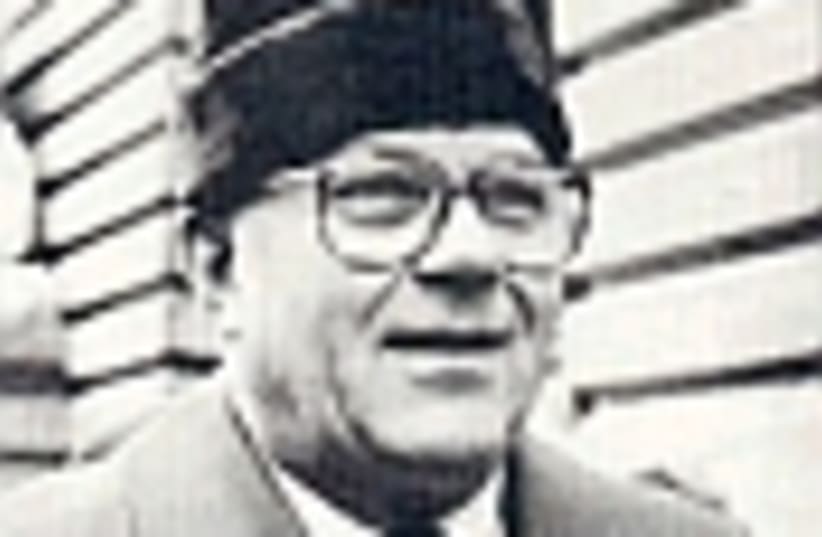| More about: | John Demjanjuk, United States Department of Justice, Europe, United States |
Demjanjuk deportation trial continues
Attorney says deporting Demjanjuk to the Ukraine would be like throwing him in a "shark tank."


| More about: | John Demjanjuk, United States Department of Justice, Europe, United States |